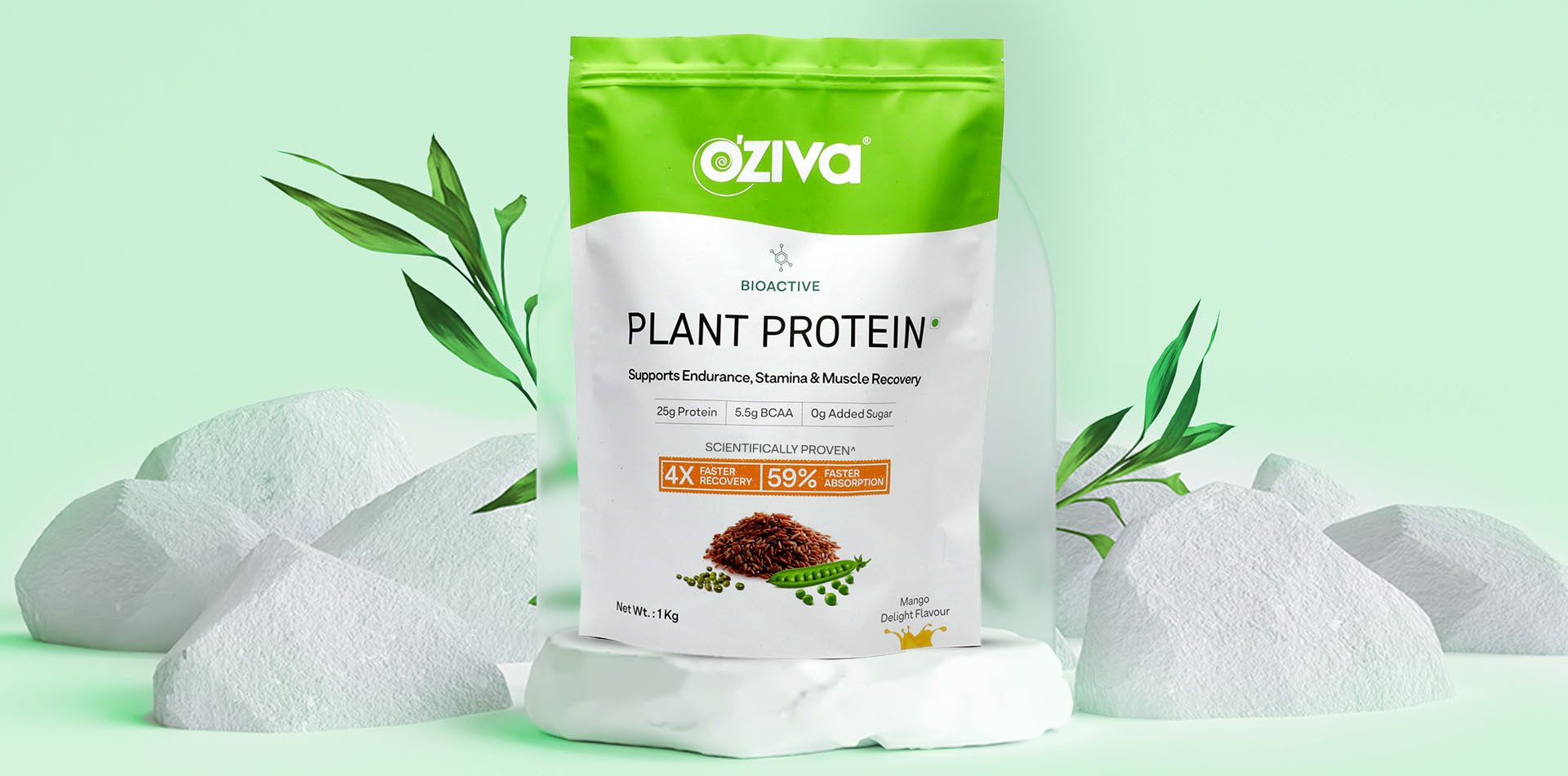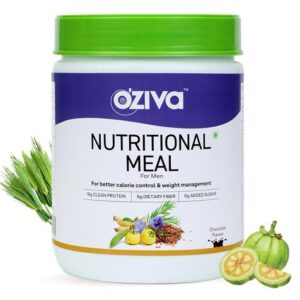Today we see a sharp rise in the number of people opting for vegan or vegetarian food choices. However they often get stuck when they think of how to meet their protein requirements and their minds are dominated with a myth that plant protein will not be able to suffice or fulfill their requirements. It can all be very confusing so to begin with, let us first understand what plant protein consists of.
What is Plant Protein?
Plant protein, as simple as it sounds, is the protein derived or extracted from the plants, for example pulses, peas, tofu, soya, tempeh, seitan, nuts, seeds, certain grains like rice. The pulses are a large group of plants which include chickpeas, lentils, beans like (black beans, kidney beans) and split peas.
What are the Amino Acids present in Vegan Protein?
The proteins are made of chains of amino acids. Some amino acids can be made by our body while some are not and hence it becomes important that we get it via our diet, as there is no replacement or substitute for it. Those amino acids which are not produced by our body are called essential amino acids, there are nine: histidine, isoleucine, leucine, lysine, methionine, phenylalanine, threonine, tryptophan, and valine.
Ideally these nine amino acids are found in non vegetarian sources but it is also found in soy which makes soy a complete protein and also is at the top of the list for vegetarians/vegans.
What makes a complete plant protein?
Any plant protein source which has all nine essential amino acids is known as a complete plant protein. Soy being the best example for it. However it doesn’t mean other plant sources are not good sources, we can combine foods like rice + lentils which makes a complete protein meal. Lentil lacks methionine and cysteine but the same is found in rice while rice lacks good amounts of lysine and that is present in lentils hence the combination of both makes a meal which has complete protein. Eg- khichadi (Lentils+rice)
Benefits:
Now plant protein is ideally highly nutritious, along with providing adequate amounts of protein, it also provids us with other nutrients like vitamins and minerals and are a rich source of fiber in our diet.
With the eating patterns we have today, due to the rise in our intake of processed foods we lack the adequate amounts of fiber in our diet. By incorporating plant protein sources into our diet we can get sufficient amounts of fiber which will have a positive impact on our health.
1. Prevents diseases:
Plant protein has less amounts of saturated fats compared to red meats and helps prevent various diseases like heart diseases, increased inflammation in the body. Certain studies also support the lower risk of cancers and decreased rate of metabolic disorders.
2. Nutrient-dense:
The Plant based protein sources not only provide proteins but also other vital vitamins and minerals, antioxidants and not to forget the fiber which the animal sources lack which means each bite of plant based proteins is ideally more nutritious.
3. Environmental concerns –
Plant proteins reduce carbon footprint too which is not the case otherwise when it comes to animal proteins as there is tons of water wastage, takes up more land, increases pollution by emitting more green house gases which ideally is not only harming our health but also our planet.
Choosing a complete Plant Protein:
When it comes to choosing a good plant protein supplement, one can look out for these pointers –
1. Source of Proteins: The content along with the source of any supplement for proteins is important it could be peas, soy, hemp, quinoa, brown rice which will help you achieve your goals depending on the activity or requirements of the individual.
2. Content of Proteins per serving: The amount of proteins per serve should be at least 15-20 grams which qualifies it for a protein rich supplement.
3. Complete Protein – It is best to choose the supplement which can provide us with all essential amino acids (9) as that’s what we are aiming for which will be fulfilling functions of muscle wear and tear, help in repairing our muscles and for maintenance as well.
4. Additives/Sugars: Always check for any added artificial preservatives/sugars added if any, sugars however don’t harm in limited quantities, however best if they are avoided as they are nutritionally poor and provides few extra calories. Also its important to see if the supplement is chemical-free, Non-GMO and the sources are certified Organic.
5. Bonus additives: Certain supplements will have added multivitamins or herbs which will help in advanced recovery of the tissue wear and tear and in that case we don’t have to worry to pop a multivitamin daily as its already present in the protein powder, that’s a deal like 2-in-1, where your requirements for proteins + multivitamins as well both are taken care of.
BIOACTIVE PLANT PROTEIN:

OZiva Bioactive Plant Protein is specially designed with Advanced Recovery Formula which supports stamina, endurance and muscle recovery It provides 25g Vegan Protein and a complete amino acid profile with 5.5g BCAA. It consists of clinically proven ingredients that help in 4X Faster recovery and 59% Faster absorption.
- It comprises of Vegan Protein Blend, this includes Protein from Pea, Brown Rice & Mung Bean. It provides 25g protein per serving.
- It also has a Vitamin Mineral Blend. Vitamins & Minerals help in many ways like healthy recovery, growth, coordination of the muscles, better transport of oxygen to the cells, better metabolism to name a few
- Most importantly it meets 100% RDA for all the Vitamins and Minerals (except Calcium- 15.5%).
- It also has Advanced Recovery Formula (ARF): ARF is the combination of MD-ZenPro and Ashwagandha. MD-Zen Pro is the Blend of Clinically Proven Active – Curcumin, Green Coffee and Protease (digestive enzyme). It is proven to provide 30% better recovery from muscle damage and pain. It also helps in 59% Faster Absorption due to improved protein Hydrolysis to amino acids. Ashwagandha helps the body to adapt to stress and thus assist recovery. It speeds up muscle growth, relieves pain and improves athletic performance.
Read more on Bioactive plant protein here, especially its benefits for runners.
Shop Bioactive Plant Protein here.
Last modified: December 27, 2022






